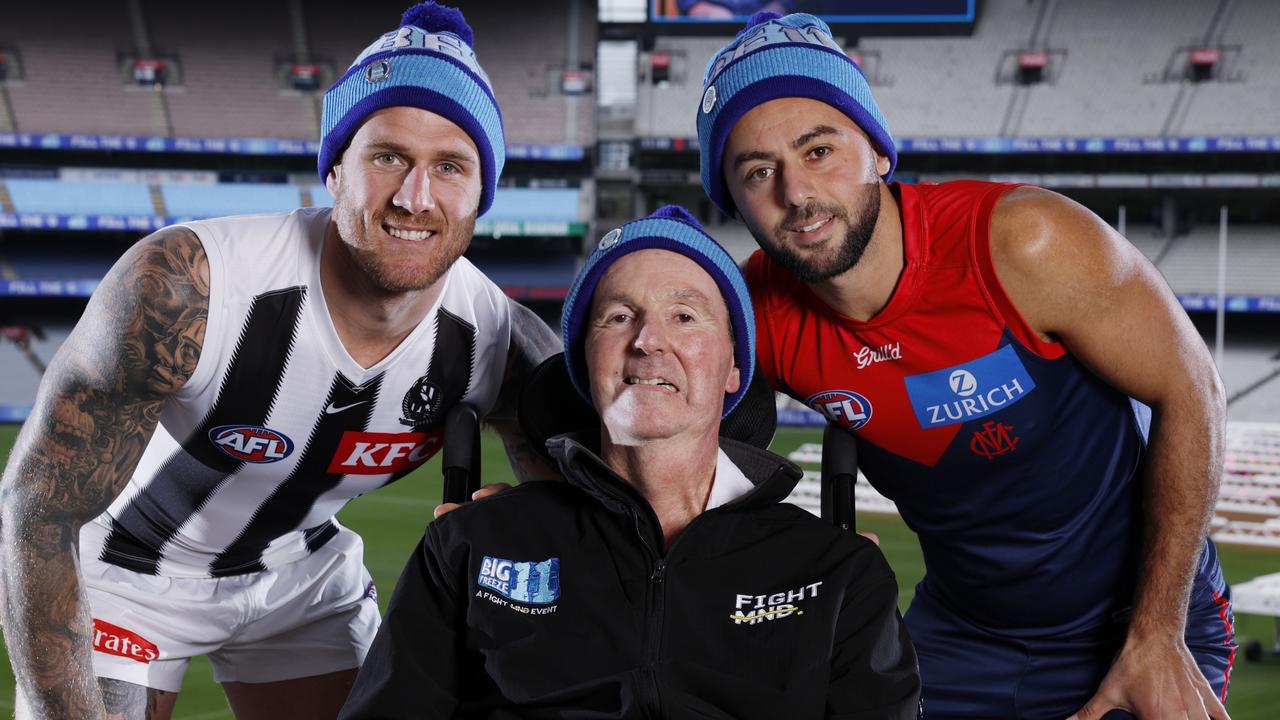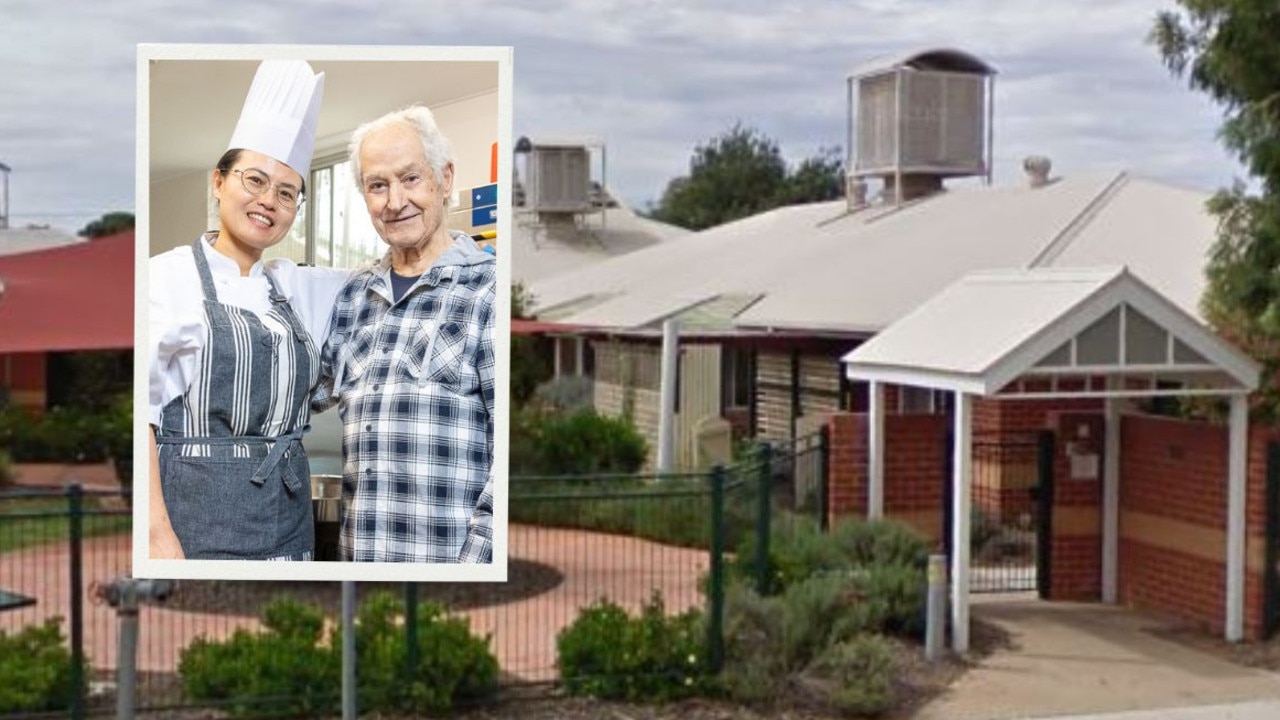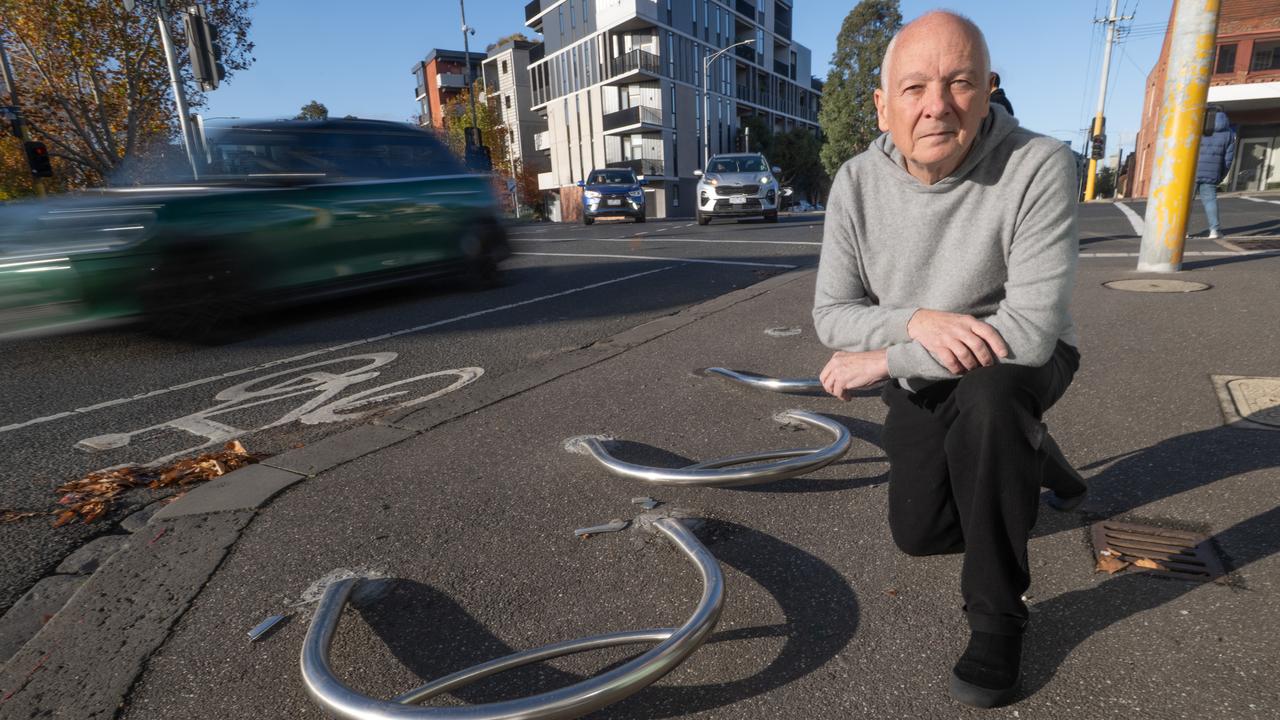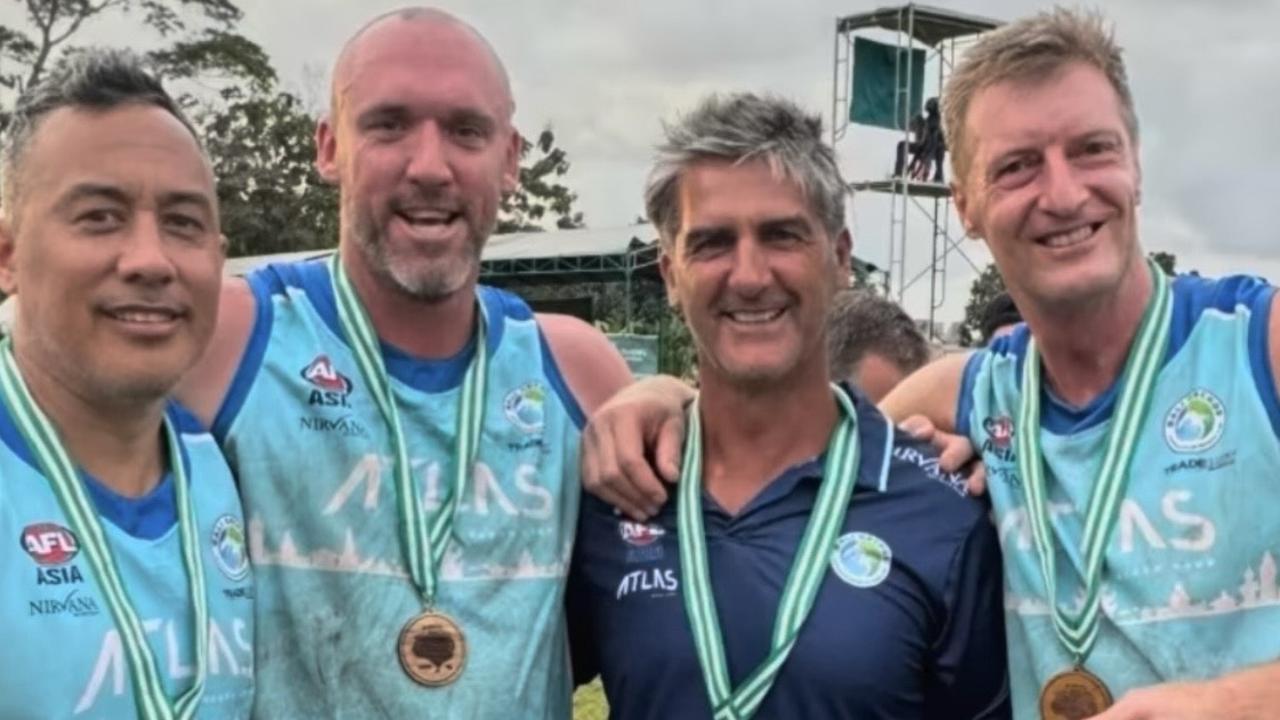Vertigo drug could be used to treat Niemann-Pick type C disease, known as ‘childhood Alzheimer’s’
Two years ago Autumn Hodgson’s parents and teachers noticed changes in her speech - leading to a devastating discovery. But a new drug has given her, and others, hope.
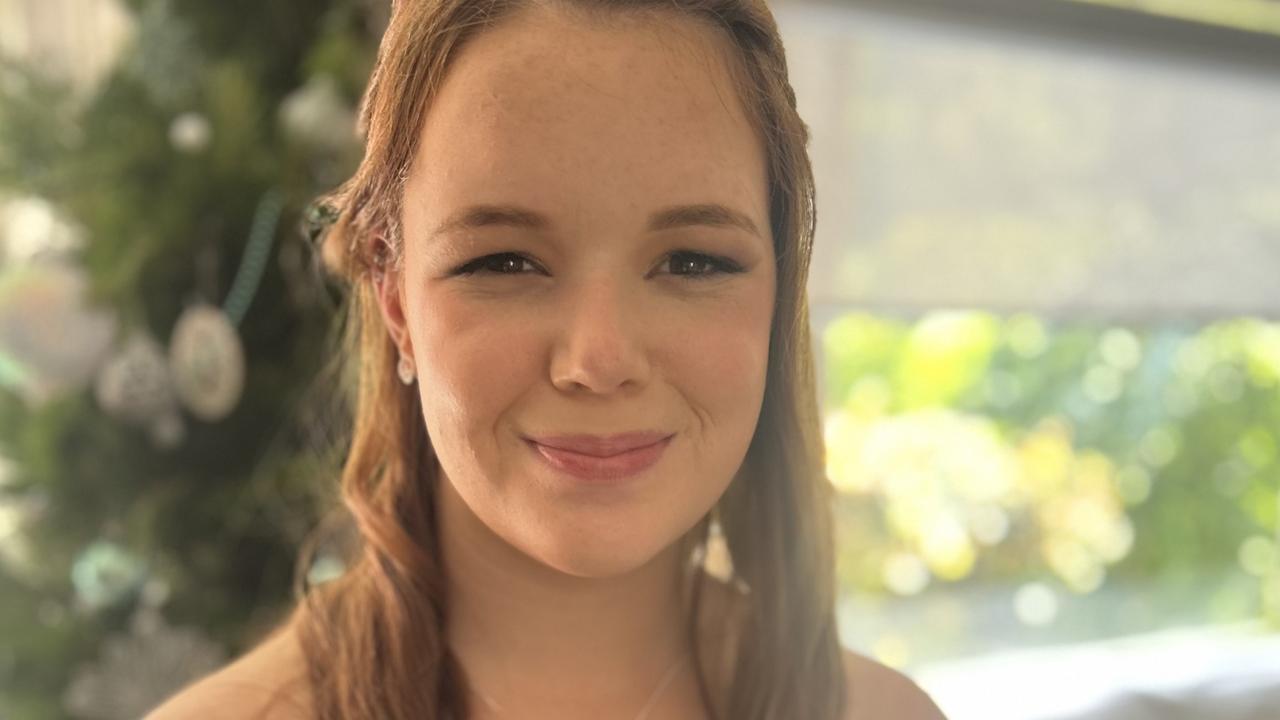
News
Don't miss out on the headlines from News. Followed categories will be added to My News.
A little known vertigo drug could be repurposed to treat the incurable ‘childhood Alzheimer's’ and other neurodegenerative diseases including some forms of dementia.
The gloabl trial has offered hope in the fight against the rare, terminal condition – also known as Niemann-Pick type C disease – which has little treatment options.
The disease sees patients’ thinking, memory and motor skills decline over about 10 years and symptoms – including seizures – can begin at any age, including in childhood.
But a new study, which included Melbourne, has shown NP-C patients who took a form of vertigo drug, NALL, had improved motor co-ordination, a benefit researchers hope will translate to other conditions, including Alzheimer’s.
Royal Melbourne Hospital neuropsychiatrist Professor Mark Walterfang said some neurodegenerative treatments took years to show any impact, but the results over 12-weeks were “beyond what we expected” and “an exciting step forward”.
He said NP-C caused a build-up of cholesterol in the brain, triggering what he likened to a traffic jam in our neurons that causes them to “dysfunction”.
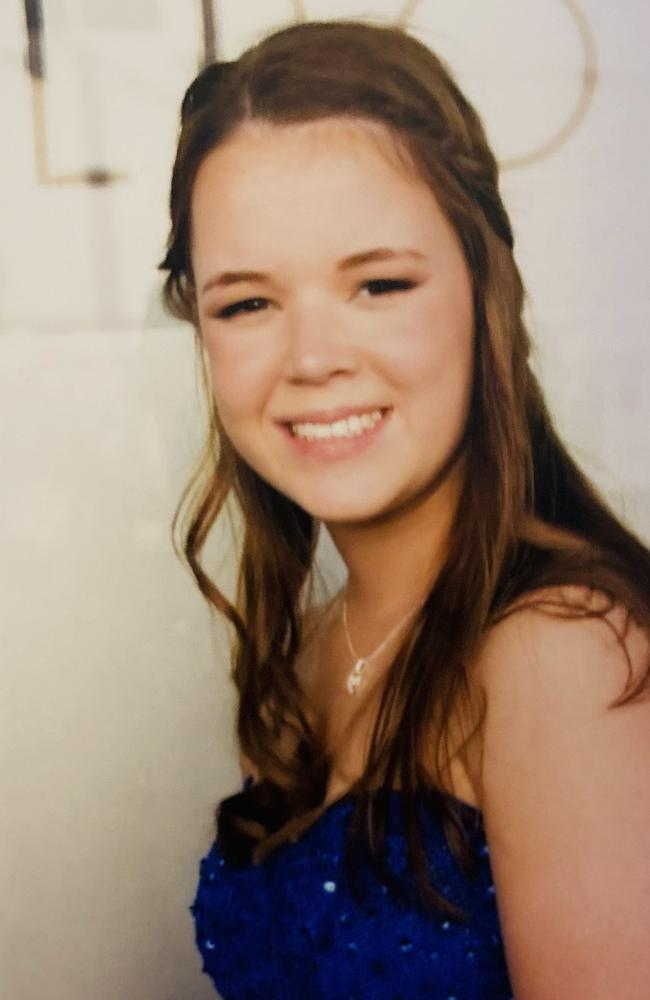
“Imagine if none of the traffic lights in the CBD were working,” he said.
While the study measured patients’ motor co-ordination, he said the drug – a powder mixed into a drink – appeared to drive a “global improvement in functioning”.
“All the families will tell you it kept them sharper, their memory was better,” he said.
Prof Walterfang said NALL seemed to help other neurodegenerative diseases involving motor co-ordination, such as alzheimer’s and traumatic brain injury.
“It does this by improving glucose metabolism in key areas of the brain, but also slows the loss of neurons, and reduces inflammation in the brain,” he said.
He said N-PC, despite its nickname, was not a form of alzheimer’s but the two diseases both involve “tangled cells” in the brain, meaning treatment for one could help the other.
“It may generalise to other much more common disorders, which is something we’re really excited about,” he said.
The study, in partnership with NALL’s manufacturer IntraBio, was published in a top, peer-reviewed publication The New England Journal of Medicine, earlier this year.
Prof Walterfang said the next step was to hold longer-term studies on the drug and hoped it will open the door to future neurodegenerative disease reverse treatments “so we’re not just diagnosing them, but we’re also treating them”
“It’s very hard as a doctor to not be able to offer treatment other symptomatic treatment and care,” he said.
“I mean the median time, particularly in children, from age of diagnosis to age of death is ten years.
“We don’t have anything to slow it or stop it.
“But things are now changing.”
AUTUMN’S STORY
Autumn Hodgson knows there will come a day when she will not remember sharing her story of an incurable brain disorder with the world.
She knows there will be a day when she can longer make her famous red velvet cupcakes, or attend her beloved TAFE patisseries classes.
But the Melbourne 18-year-old also knows that – unless she shares her story – most people will remain oblivious to the rare, terminal disease that slowly robs one of their memory and movement.
Autumn has NP-C and she does not want to shield the truth, she wants the community to know the serious impact the rare disease has on her life.
“It’s not a joke, or something funny,” she said.
“It’s something that seriously needs to be heard.”
The active, bubbly teenager was diagnosed with the disease two years ago – after teachers and parents noticed changes in her speech and movement – and learned there was little treatment available.
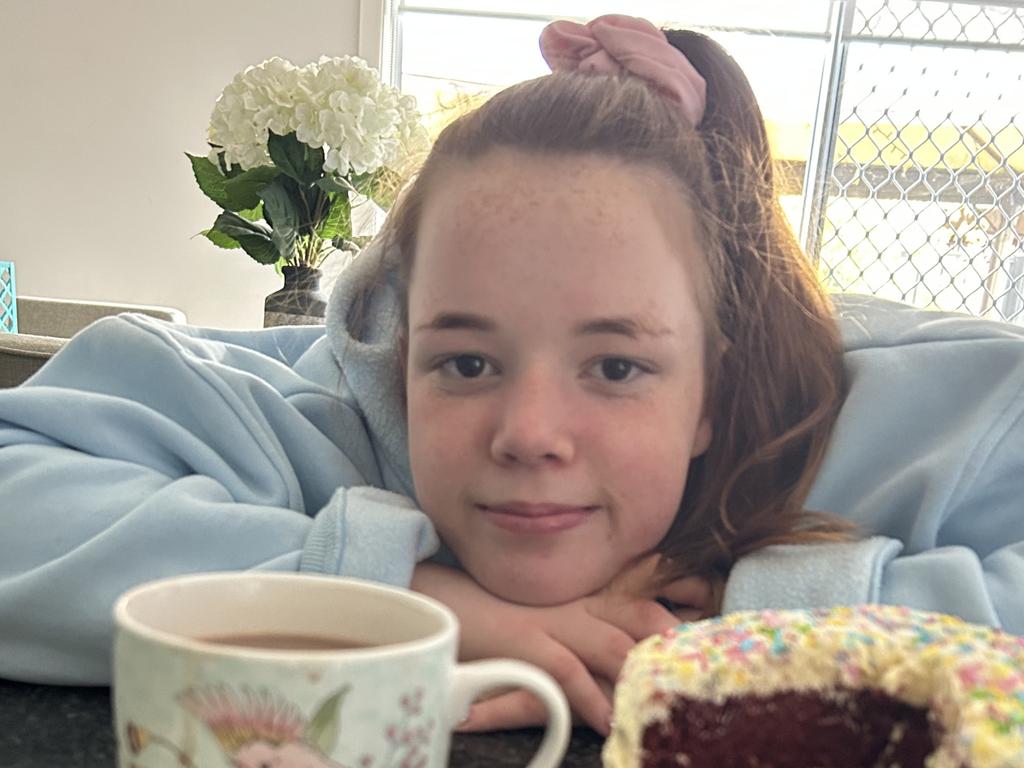
Mum Amanda Hodgson said sometimes it was harder, knowing “what you’ve lost”, seeing her daughter’s “amazing skills” in dancing and karate suddenly “stripped from her”.
That’s why she and Autumn are so passionate about raising awareness to boost research, and are so grateful for the trial.
They’re not under any illusions it is a cure, and Autumn said it can be hard sometimes for her to see the changes as NP-C is a progressive disease.
But her mum – in awe of her “warrior” daughter who graduated year 12 against insurmountable odds – cannot hide her joy at her daughter’s gains.
“Within the first couple of weeks of starting the drug … we did find some really big, big improvements, which were things that people take for granted every day,” she said.
“Sitting at the dinner table, Autumn was able to cut her food.
“Her speech was better, her movement was better, even her fatigue.
“Whilst it’s not a cure, it has given us hope.”
“Autumn fights for her life everyday, without fear, we must come together to ensure we do everything in our power to support her.”
Originally published as Vertigo drug could be used to treat Niemann-Pick type C disease, known as ‘childhood Alzheimer’s’


